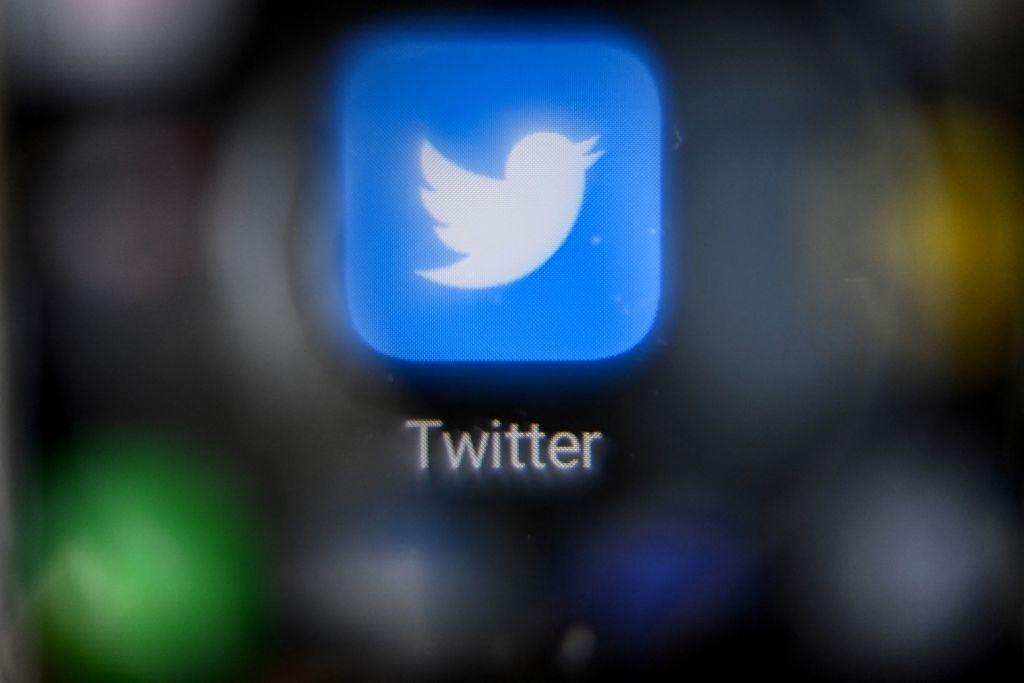Moscow has refuted media reports that suggest Russia is attempting to disconnect from the global internet, although the country had earlier successfully tested the idea, and a major infrastructure provider has now cut off services as part of international sanctions.
“Russian websites are continuously being attacked by cyberattacks from abroad,” the Russian Ministry of Digital Development told Interfax on March 7. “We are preparing for various scenarios to ensure the availability of Russian resources. There are no plans to turn off the Internet from within.”





